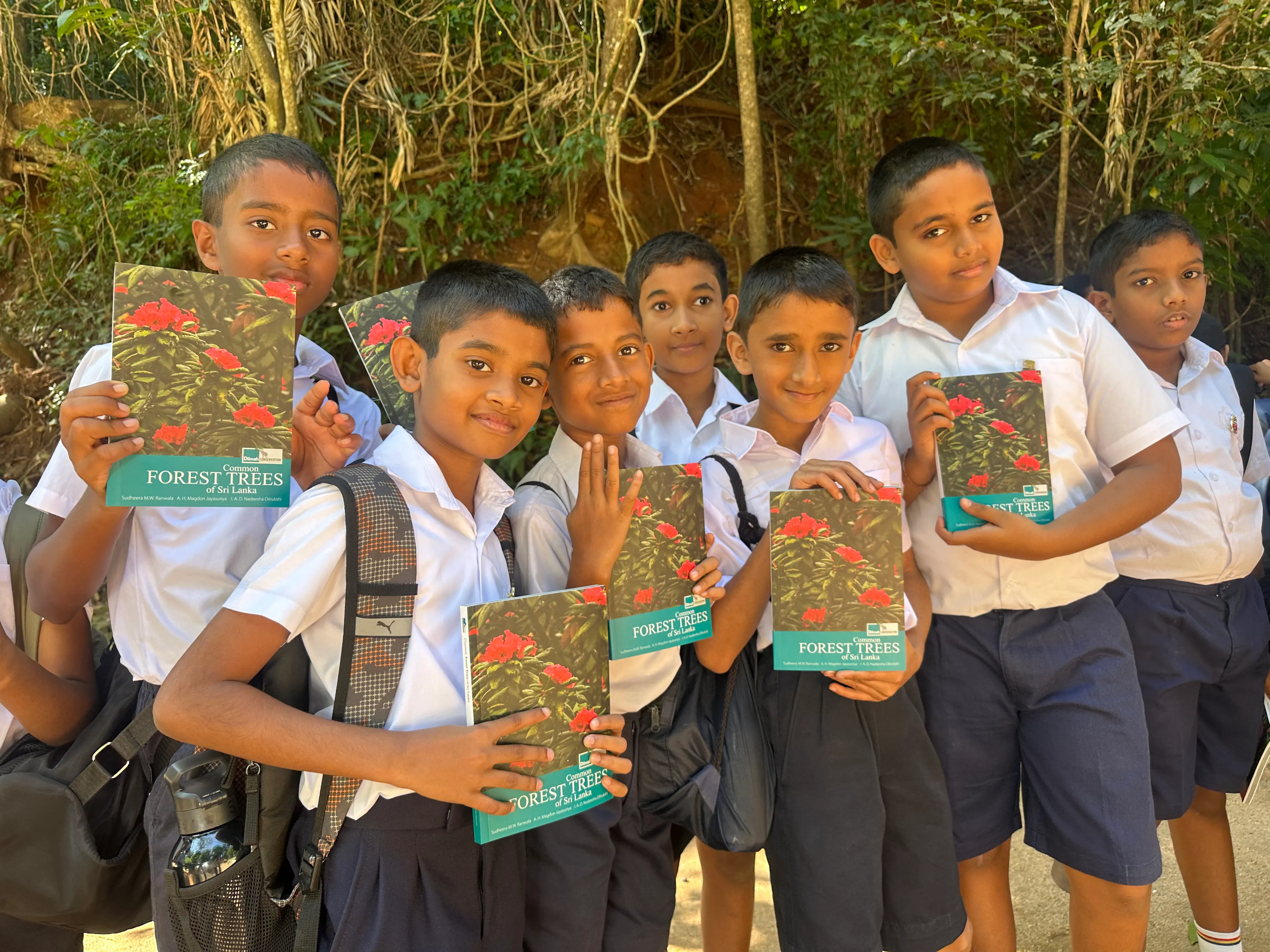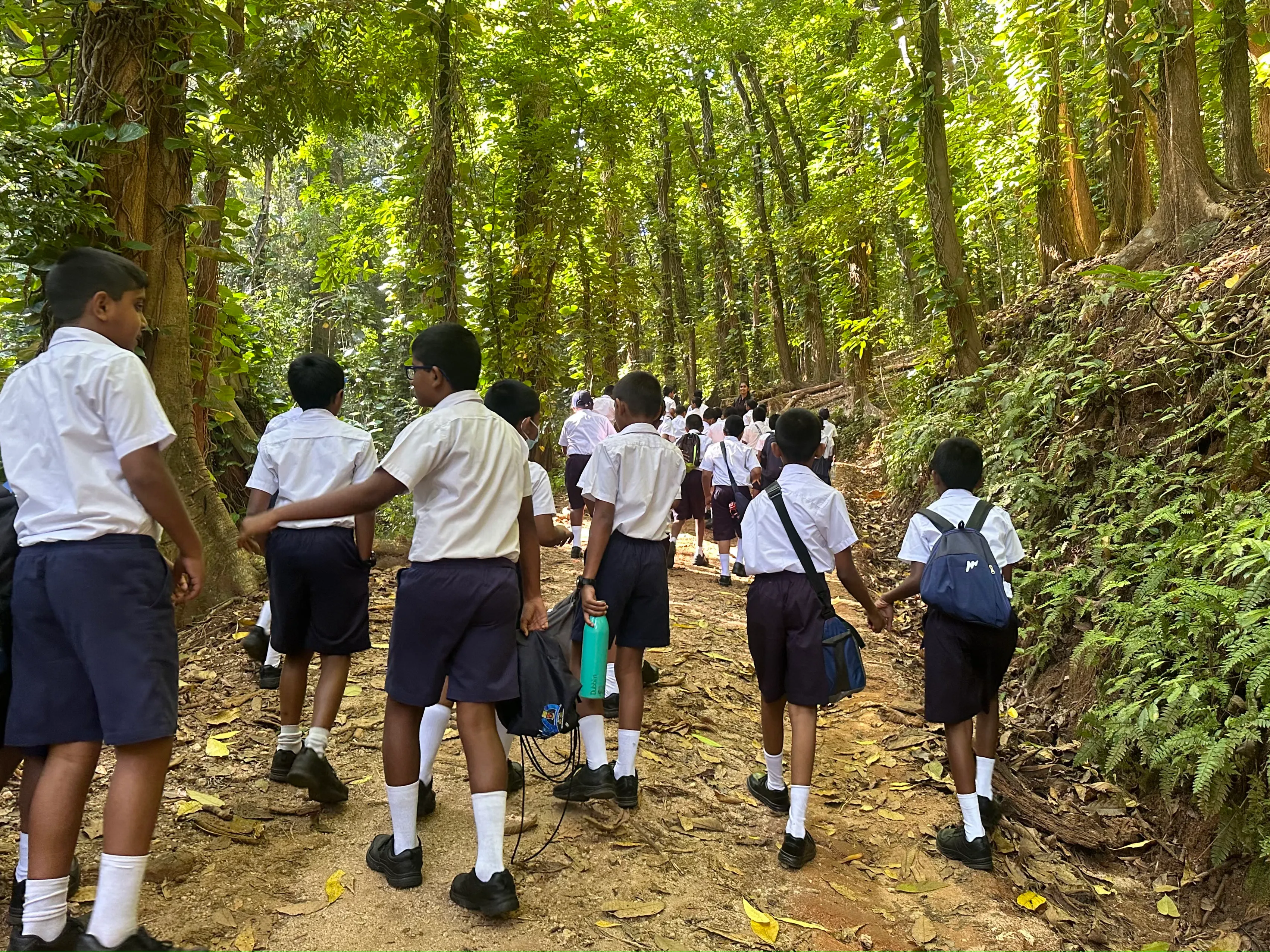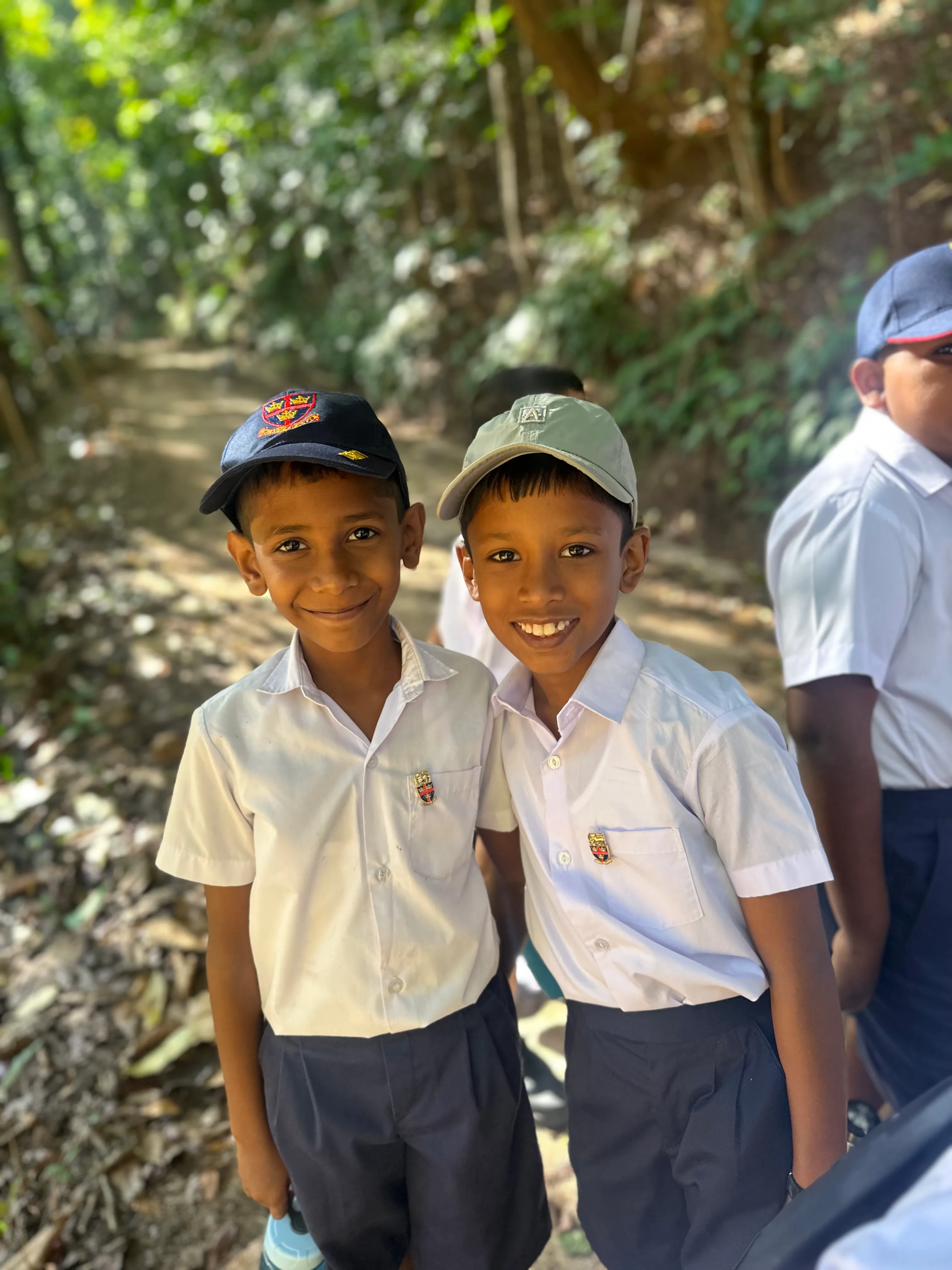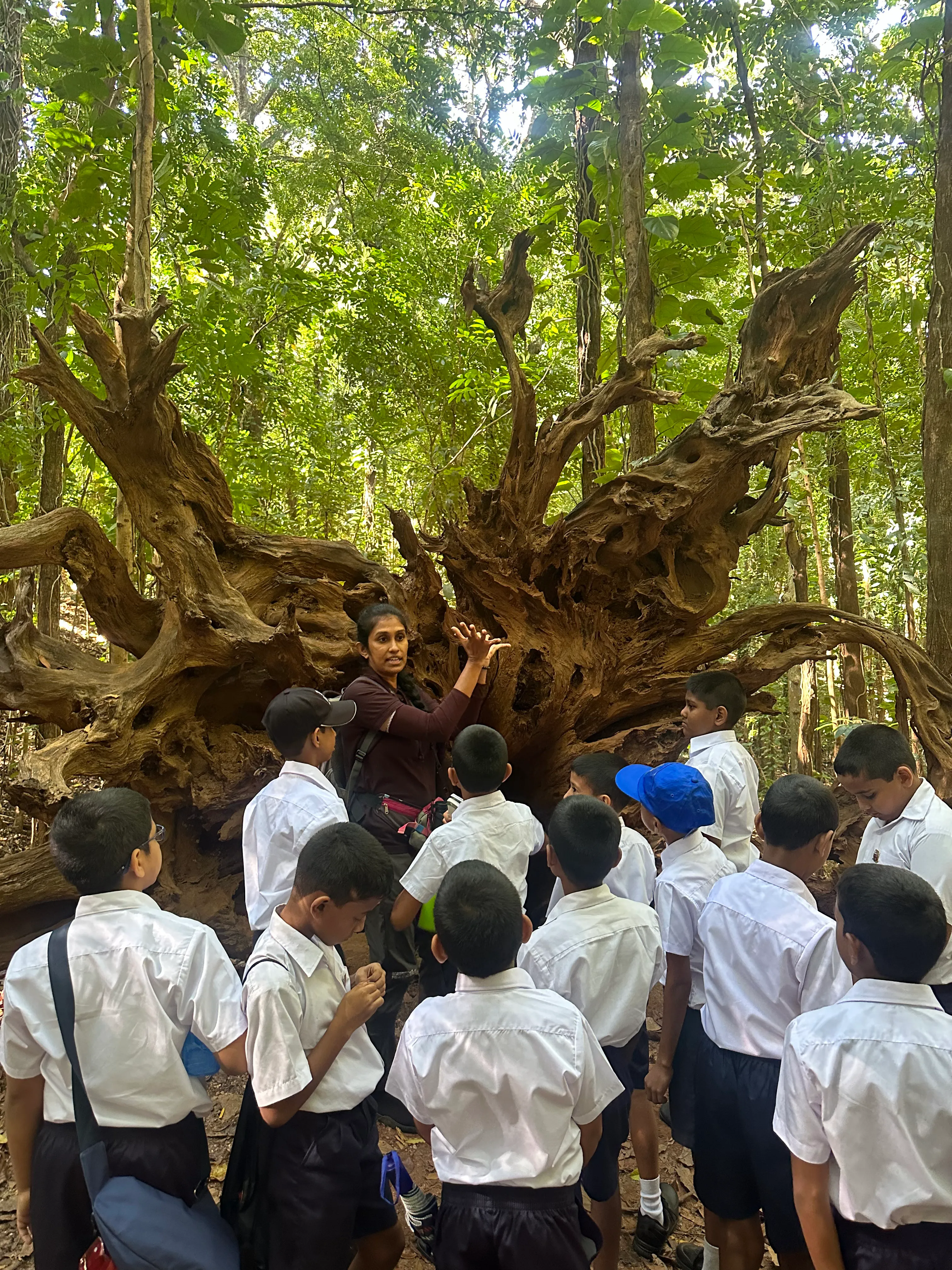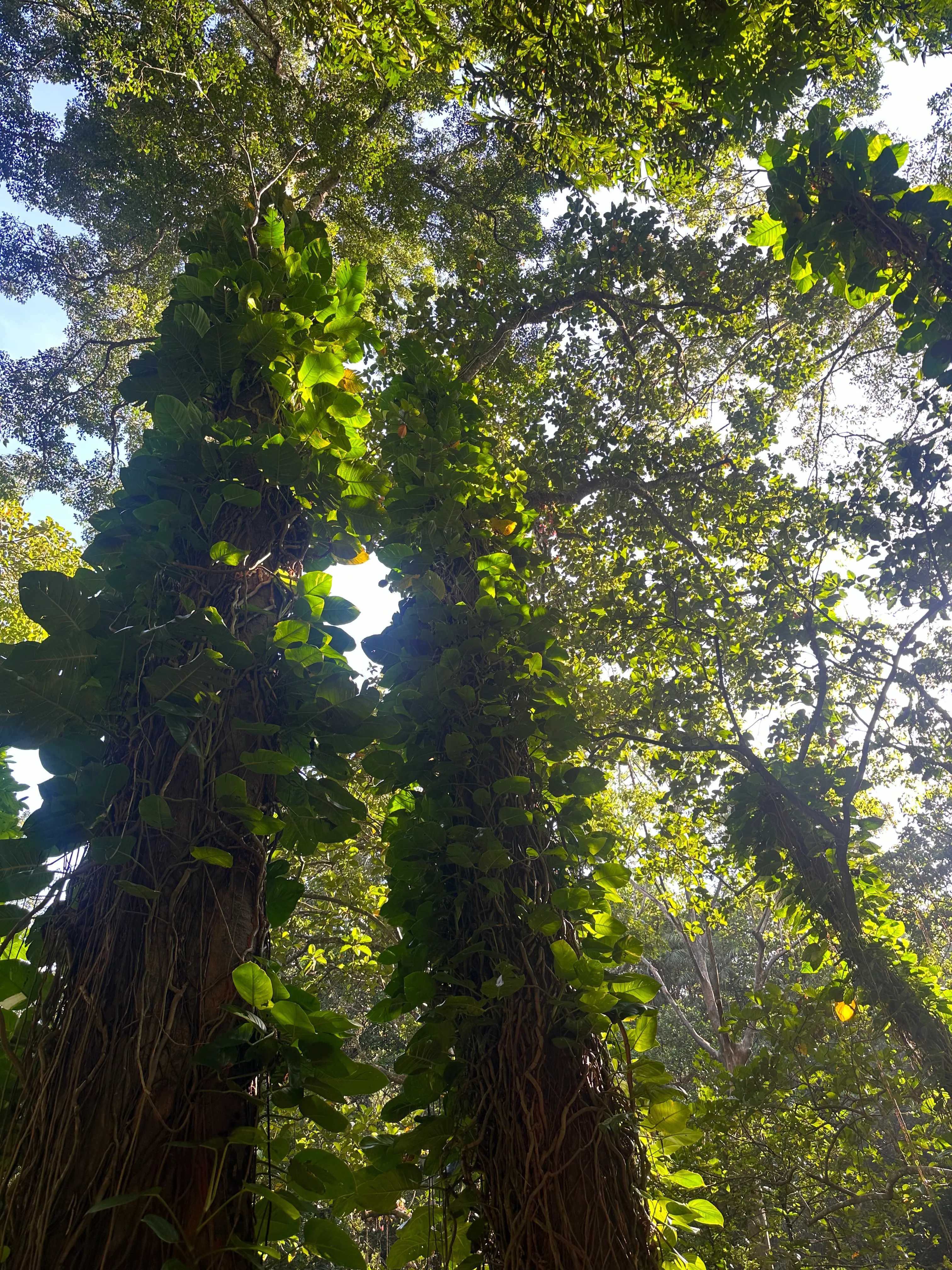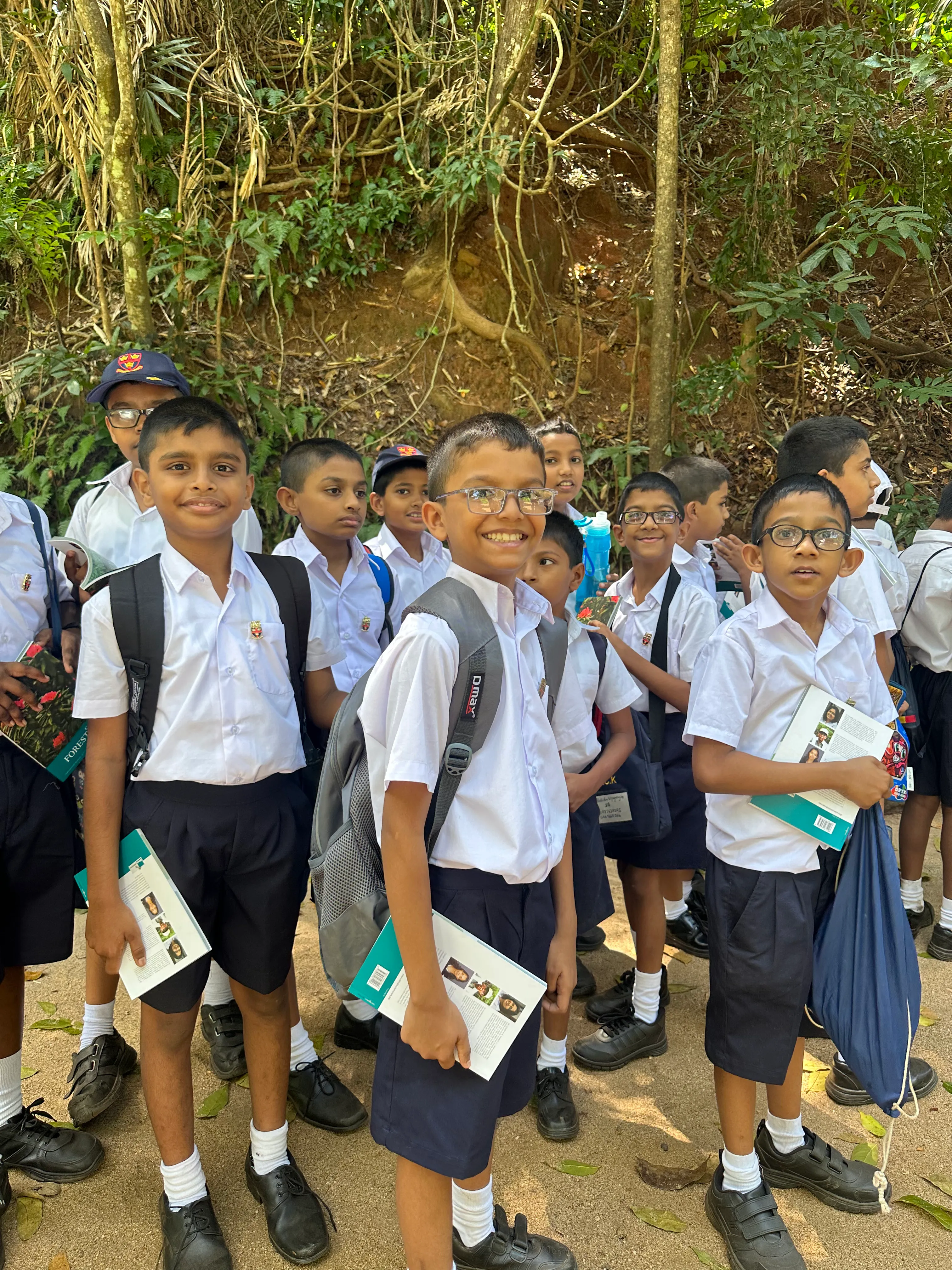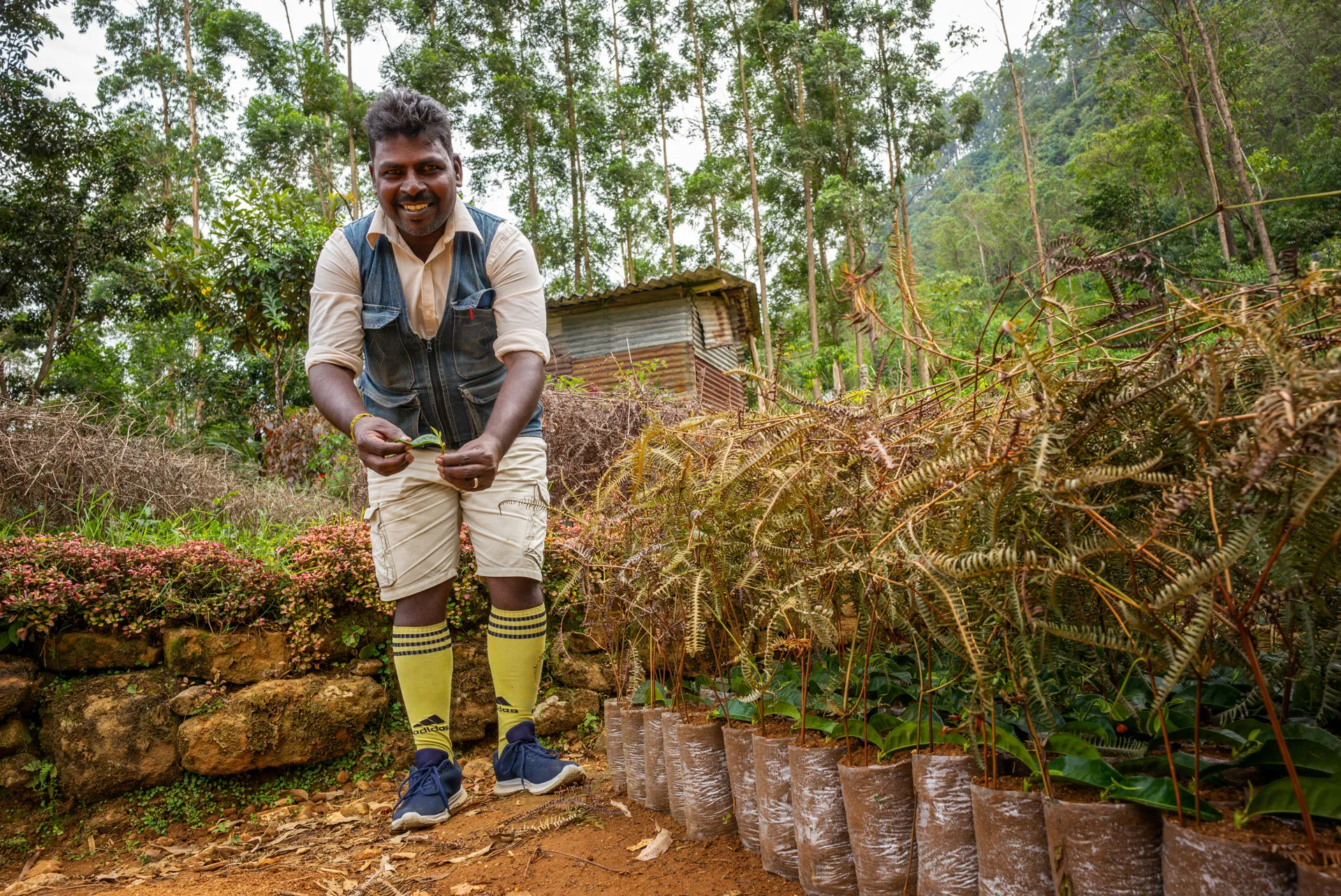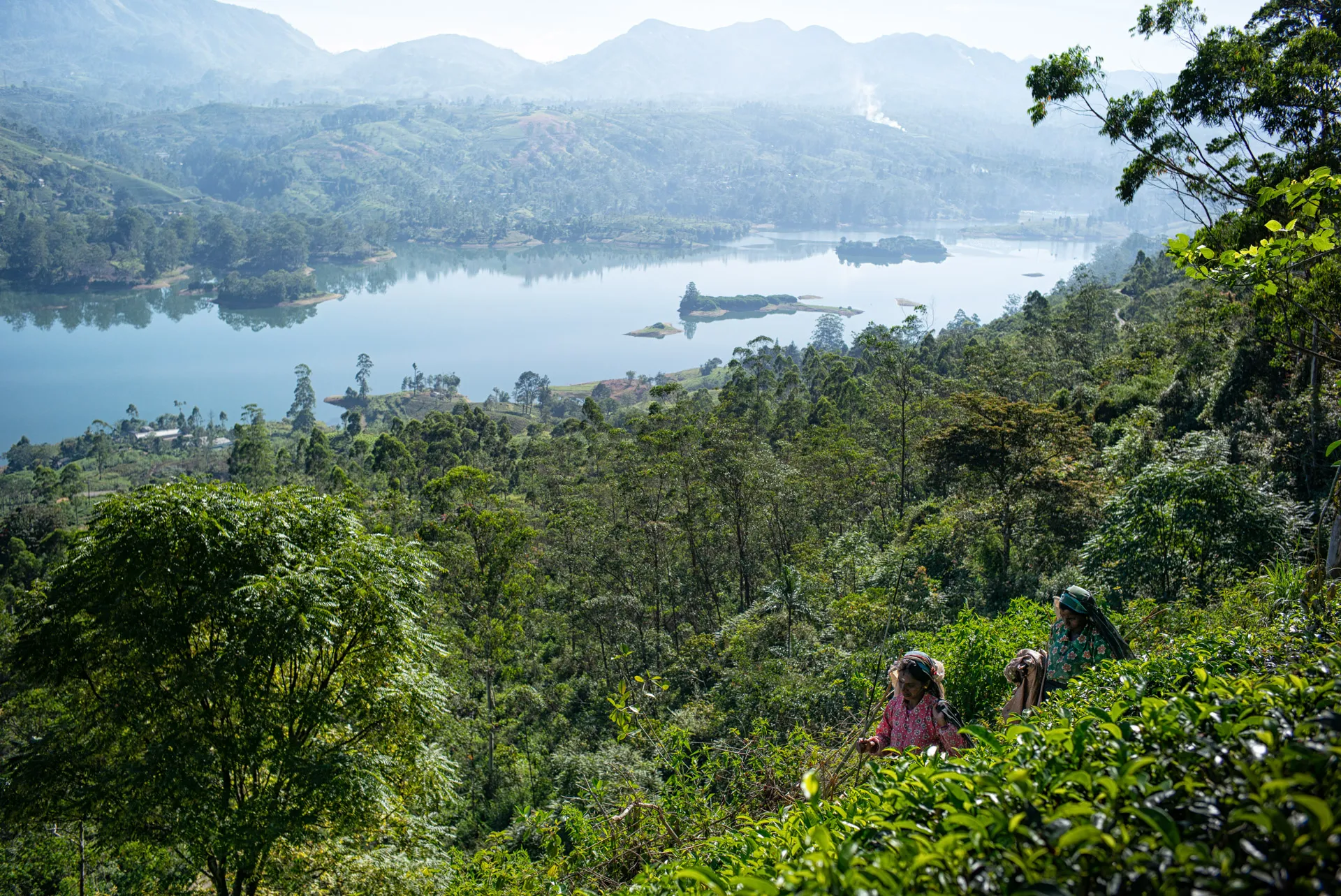Dilmah Conservation - Nurturing Future Conservationists
Dilmah Conservation is a foundation founded by Dilmah which takes active part in protecting Sri Lanka’s wildlife and environment, and supports noble related projects around the whole country, like the Nature Walk.
Chapters
Nurturing the Future
On top of protecting biodiversity and fostering sustainability, Dilmah Conservation collaborates with schools in the vicinity of Dilmah Tea Estates, Universities and Conservation Organisations to spread awareness among the community, starting from the youngest individuals, about the importance of protecting and preserving nature.
Today I’m gonna talk you through one of such initiatives, the Dilmah Nature Walk, which I had the pleasure to attend.
Dilmah Nature Walk
During my visit to Sri Lanka, I joined my Sri Lankan colleague, to the Royal Forest Park Udawaththakele, an historical forest reserve in the city of Kandy. When we got there, two-hundred 6th grade (11 years old) students were waiting for us, excited about their first school outing. A walk in nature powered by Dilmah Conservation.
It was shocking to me to realise that, even though their school was only 100 metres from the entrance gate of the reserve, the great majority of them had never been there. At that point, I realised that what Dilmah Conservation is doing for them is way more valuable than one may think.
The kids were ably guided by a team of naturalists led by Dr Himesh Jayasinghe, Ms. Narmadha Dangampola and Nuwan Jayawardana. In the lush vegetation of the park, the three national nature guides led the way through the park, after having shared with the students the most important value: respect for nature.
Their point was very straightforward: when we walk in a national park, or any other natural site, we should respect the creatures and plants that inhabit it. It’s as if we were visiting their house, so we better behave and show good manners.
The kids therefore focused on practising silence and walking mindfully, trying to make the least noise possible. These tasks may seem easy for you, but they are a big challenge for most 6th graders. Especially when with their peers. The sight of any animal can cause loud screams, jumps, and initiate chaos.
However, the guides were great at re-establishing the initial rules to respect the surrounding environment. It was amazing to see how, by the end of the tour, all the kids were only whispering their words, moving slowly and quietly after spotting an animal. The questions they were asking showed they were hungry for knowledge, deeply stimulated by the out-of-class learning session.
To ease their “hunger”, before saying goodbye to them, we gave each one of them, and their teachers too, a book by Dilmah Conservation about the common forest trees in Sri Lanka. This way, they can learn more about the surrounding vegetation, even if they don’t get the chance to visit national parks every day.
It was touching to see them walk away happy and grateful for what they’d just experienced, holding their new book tightly in their arms.
We believe that they will remember their first outing as a challenging experience to start with, which ended with growth in self-control and increased awareness about the beauty and importance of nature.
Hope for Future Conservationists
We hope that by giving opportunities like this to the new generations, where they can learn about our ecosystem and the relevance of protecting biodiversity, we can shape the future into a greener one.
By bringing 200 kids to a forest park, providing them with knowledge about nature and first hand experience, guided by the wise words of national nature guides, we hope that at least a small part of them will be taking natural conservation at heart. And for us that is already a good win, which keeps us hopeful for what’s to come.
Explore the world of kindness
Have you ever wondered about the lifecycle of a tea plantation, particularly how new tea plants are cultivated and old ones are managed? I went to Dunkeld Tea Estate, where the art and science of tea begins in the nursery.
Discover how the MJF Centre for Dignified Empowerment and Sustainable Development helps Eastern Sri Lanka's recovery from natural disasters and addresses climate change through sustainable practices and community-focused initiatives.
You might have heard it already, but what is exactly World Earth Day? Let us talk you through what it stands for, what it means for us at Dilmah, and how it is not just a day but a part of our values.

